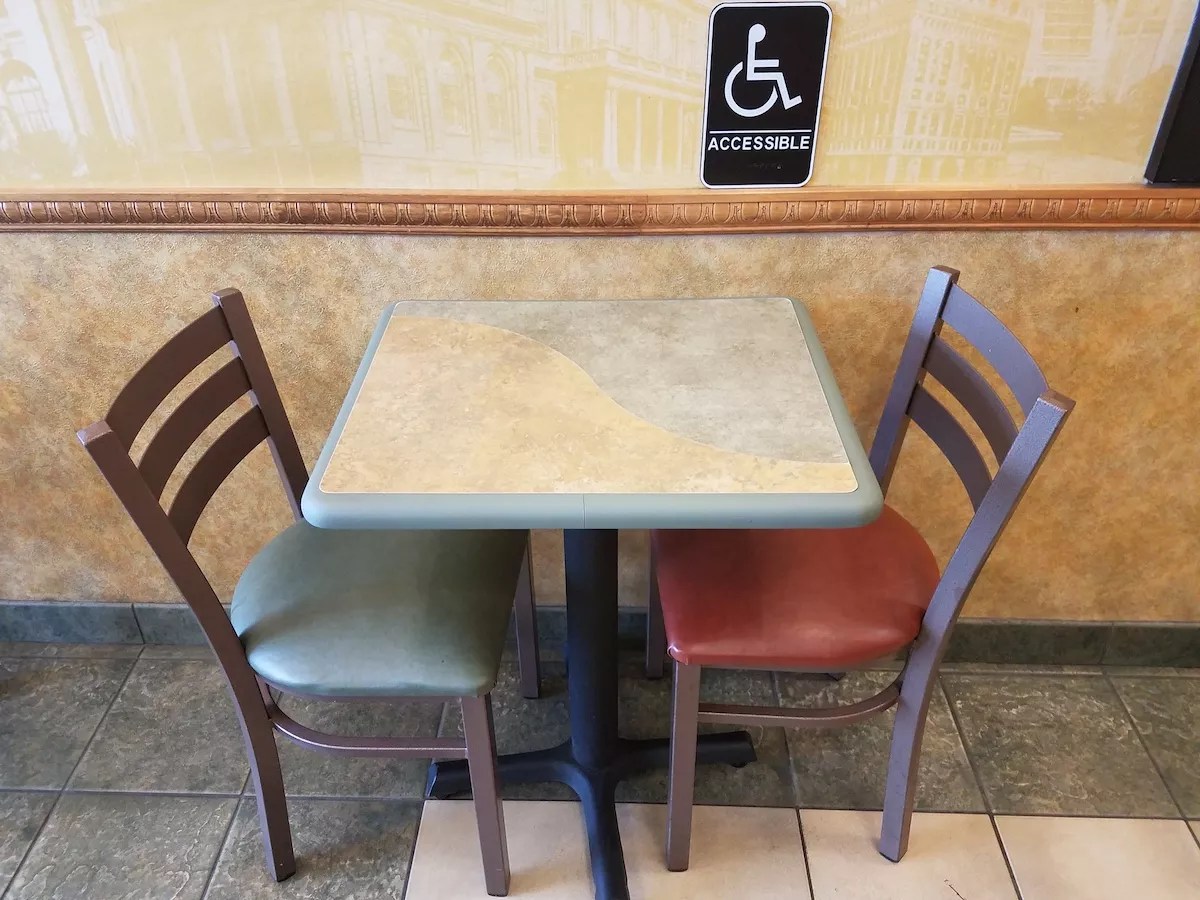
Photo by Justin Smith / iStock.com

Audio By Carbonatix
You might think Presidents Barack Obama and Donald Trump have nothing in common other than living in the same house at different times. Yet both men, during their tenures atop the United States government, failed to direct their Departments of Justice to issue regulations for a section of the Americans with Disabilities Act (ADA) that requires companies’ websites to accommodate disabled individuals. Over the past two years, the legal grey zone has cleared a path for lawyers to file thousands of actions against businesses claiming their websites are in violation of the ADA, and potentially causing many small enterprises to face crippling or fatal penalties.
In South Florida, hundreds of lawsuits have been filed on behalf of Andres Gomez who court documents say is visually impaired. The lawsuits demand eateries, hotels, and municipalities enhance their websites with audiovisual plug-ins that give disabled users the same experiences as those without a handicap.
Yet a number of Miami restaurant owners who’ve been slapped with papers say Gomez and his Sunrise-based attorney Duane Cooks are taking advantage of an unclear area of the law to essentially extort them into handing over several
“No one called us before we found out about the lawsuit, they weren’t interested in any ADA compliance, they’re just interested in money,” says the one owner of a Wynwood coffee shop who has been pulled into the legal tussle but didn’t want to be named for fear of further legal and financial retribution. At the moment, business owners say plaintiff and lawyers are demanding settlements ranging from $2,500 to $9,000.
Neither Crooks nor Gomez responded to multiple New Times inquiries.
The list of defendants named is a veritable rundown of Miami culinary highlights. Among them are Panther Coffee, Phuc Yea, Lemoni Cafe, Vice City Bean, Ms. Cheezious, Blackbrick Chinese, and Cheen-Huyae. Also named in the court documents are local, regional, and national banks alongside gas stations, hotels, spas, and the Palm Beach County Sheriff’s Office.
“What choice do we have other than to settle,” says the owner of one downtown Miami coffee shop who is facing legal action. “Even if we’re compliant the cost of fighting is too much. Every case has to be done individually so even if we have a lawyer to take a bunch of us on he has to go case by case.”
The issue runs all the way back to 2010 when Congress revised portions of the ADA, first passed in 1990, to cover the boom in technology that took place over the intervening two decades. More specifically, legislators revamped a portion of the act called title three to include websites and ensure disabled individuals would enjoy equal access to them through the use of auxiliary aids like screen readers.
“In 2010 the justice department said we’re going to start rulemaking for public accommodations on websites and what exactly does your website have to provide access to people with disabilities,” says Minh Vu a Washington D.C. partner in Seyfarth Shaw LLP’s ADA practice. “Then, they did nothing for the next eight years.”
Under the Obama Administration, Vu says, the justice department never took on the process of making the rules and regulations that would specifically lay out how to make websites ADA compliant. Instead, the national law enforcement outfit went after large companies pressuring them to install components into their websites that would, for example, increase the contrast between text and screen background to assist the visually impaired. When President Donald Trump and his abhorrence of regulations rolled into town, any chance of further details vanished.
“What you need now is congressional intervention to say there will be no more of these lawsuits until the justice department issues regulations and the justice department must issue regulations by a certain time,” Vu says. “Moreover there must be a transition period for businesses to comply and probably there should be some consideration or different treatment or timetable for small businesses.”
At the moment that’s all a pipe dream. Instead, Vu’s firm found that nationwide more than 814 of these suits were filed in 2017 while 1,053 were filed in the first half of 2018. She predicts even more through the end of this year and in the coming years.
The owner of that Wynwood coffee shop says there’s now the expectation that this suit will cost in excess of $5,000, which might not plunge the place into the red, but will certainly put a damper on any improvements this year.
“It’s probably my mistake, but the way they’re doing this is unfair and it’s an injustice to the ADA’s cause,” the business owner says.
“This is the kind of thing that makes you question life, question what you do professionally,” says the owner of a MiMo District restaurant facing the same suit. “I’ve been trying to settle, I tried to settle for $2,500 and he’s been threatening to take us to trial, while at the same time I’m getting a call from a website guy who says he wants to fix my website and that it will take three days and who knows how many thousands of dollars.”